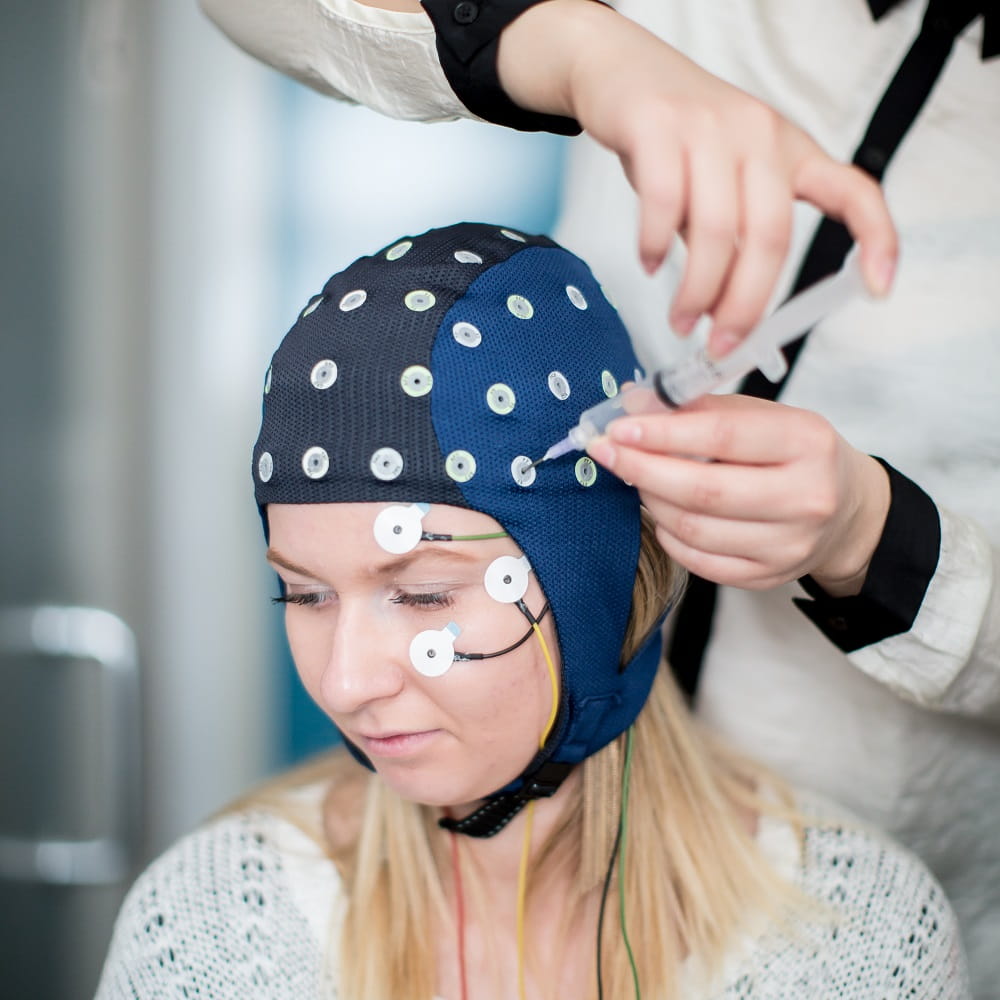How does our native culture influence our perceptions of the world? What strategies do we employ when reasoning, and how do those strategies predict what we do? How do our beliefs and attitudes link to political ideologies? How does memory work? What thought processes are most likely to lead to preventative health behaviour? How do we communicate emotions? Why do we experience boredom?
This is just a sample of the sort of questions being asked by our staff and our students who have a special interest in helping us to understand our place in the world, with a focus on how we think about the world.
Some of the specific lines of inquiry that you’ll find addressed in this area of concentration include:
Our unique approach to understanding our place in the world leverages an interdisciplinary programme of research, which benefits from the use of multi-methodological strategies and facilities. Some of the methodologies employed by our researchers focused on ‘thinking about the world’ include electrocephalography (EEG), near infra-red spectroscopy (NIRS), and Transcranial magnetic stimulation (TMS).


